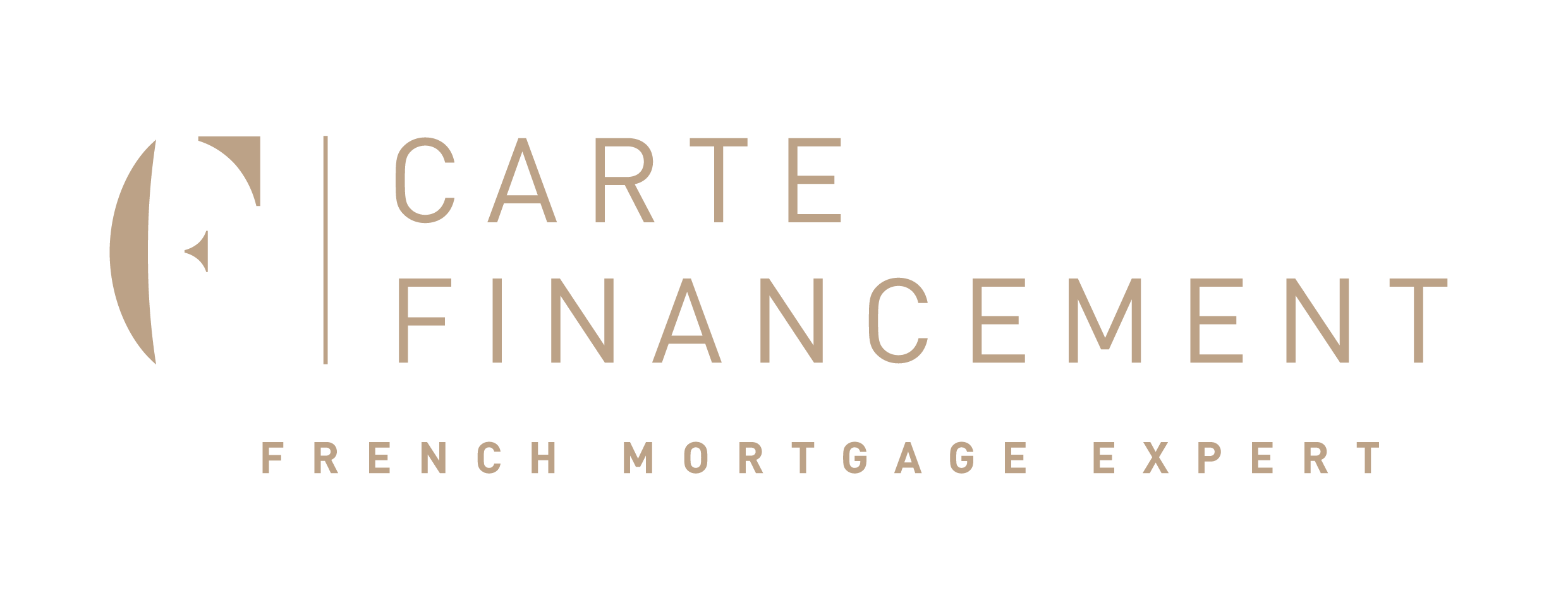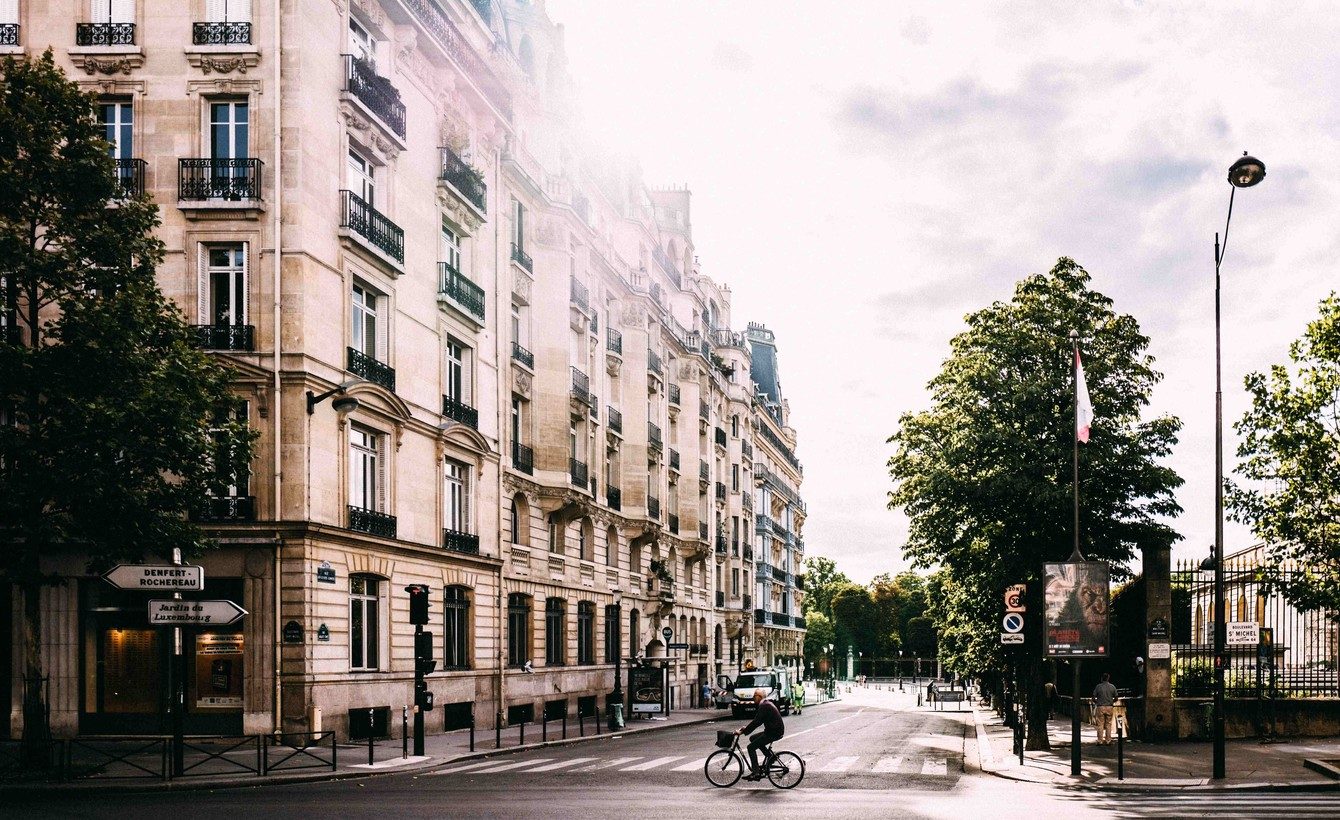[vc_row][vc_column][us_separator size=”small”][vc_column_text]
1 – Before selling a house in France, prepare the list of required documents
To complete your property sale in compliance with French laws, you will have to provide a number of documents to future buyer(s). In particular, you will have to have a technical inspection file (DDT in French) prepared at your own expense. The purpose of these documents is to provide the buyer with information about the general state of the property and the safety standards that the property is supposed to comply with. The list of documents to be included in this file and their cost depend on the type of property, its geographical location, and its date of construction.
Here is an estimate of costs for the most common inspections according to the average prices charged by different inspectors. The estimates are from the website Viadiagnostic :
Asbestos inspection price: from €80 to €135
Lead inspection price: from €115 to €225
Gas inspection price: not tied to surface area, from €100 to €135
Electrical inspection price: from €60 to €125
Energy performance assessment price: from €85 to €140
‘Carrez Law’ surface area inspection price: from €70 to €115
Generally, you will also have to provide the buyer(s) with the documents on co-ownership if the property is in a co-owned building or development. Examples of required documents are the minutes of the home owners’ association’s meetings for the last three years and the amount of the monthly HOA fees.
2 – Be aware of the amount of French taxes on capital gains from property
Capital gains are calculated very simply by subtracting the purchase price from the resale price. To simulate the amount of your capital gains, you can go to the : Notaires de France website
If the property you’re selling is your primary residence, then there is no tax on the capital gains; otherwise, you will be taxed at 36.2% (19% capital gains tax and 17.2% for social security charges). There are many different exemptions. Here are a few examples :
- The property sold has a sale price below €15,000
- The property belongs to a retired person or disabled person, if the person is exempt from taxes
- On property wealth and if their reference taxable income does not exceed certain limits
- Properties owned for more than 22 years are exempt from income taxes. The capital gains are also exempt from social security charges after the property has been owned for 30 years.
3 – When should you decide to sell your property ?
So that you don’t lose money, and if you’re not in a hurry to sell, you should plan ahead for when you will sell your property.
To cover the notary fees that you paid when you bought the property (around 8% of the sale price), it is preferable to wait at least 3 to 5 years.
4 – What happens with your mortgage if it hasn’t been paid off ?
There are two possible scenarios: the sale alone or the sale followed by another purchase.
If your mortgage has not been paid off and you are selling a house in France without buying another property immediately thereafter, you will pay early repayment fees (ERF), which are generally written into your lending offer. According to the French Consumer Code: ‘Any indemnity due from the borrower, provided for in Article L. 312-21 in the event of early repayment, cannot exceed the value of a half year of interest on the principal repaid early at the average rate of the loan, and may not exceed 3% of the remaining principal due before repayment.’
In the second scenario, if you want to take advantage of the capital gains from the property to purchase a new property and obtain a new mortgage, check your lending offer to see if it includes a transferability clause. This clause allows you to keep the conditions granted in your initial mortgage for the new purchase. While this used to be a common practice, banks are including this clause less and less frequently in their offers.
As it is not always possible to sell before buying your new home, you also have the option of getting a bridge loan that will allow you to receive financing for your new home for 12 to 24 months. Once the sale is complete, you will pay off the bridge loan.
5 – Exchange rate: be careful not to lose money !
Let’s say you bought your property in France in euro. If you are not selling your property to buy another house or flat in France and you want to receive the funds from the sale in a bank account denominated in another currency, then you have to look out for the exchange rate for euro to your country’s currency.
These costs can be significant. As such, you may have to turn to a foreign exchange broker for help. The broker can give you a fixed rate that will not change for a certain number of months. By contacting Carte Financement, you also get access to our forex broker partners.
[/vc_column_text][/vc_column][/vc_row][vc_row][vc_column][/vc_column][/vc_row]


